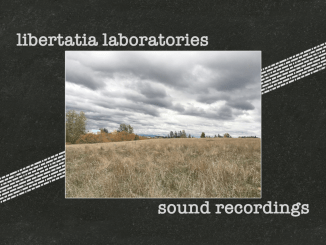My goal overall is to produce a work that is at least potentially useful and shareable among anarchists of a variety of tendencies, as well as students of “the anarchist idea.” (The phrase is one of Nettlau’s that was obscured in translation.) But, to be honest, I am also very interested not to get too deeply involved in certain kinds of debate about how inclusive anarchist history ought to be. I expect that the best version of the work would hold little interest for those for whom anarchism does not appear still nascent in some important senses. For those willing to at least weigh the possibility of really sharing a historical tradition, I have some hope of presenting a relatively compelling case, but for others, honestly, I got nothin’…
[…]










































































































